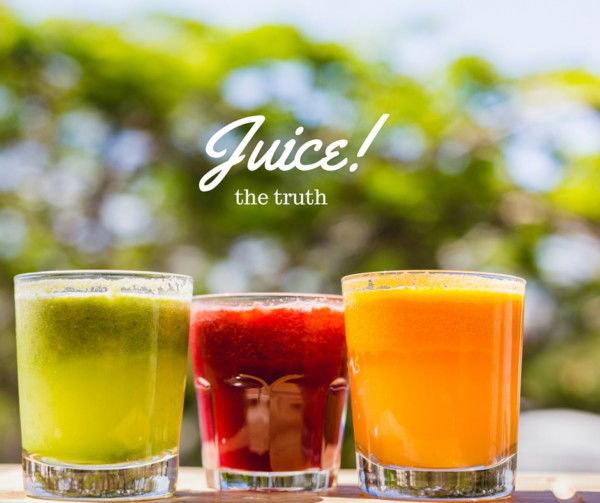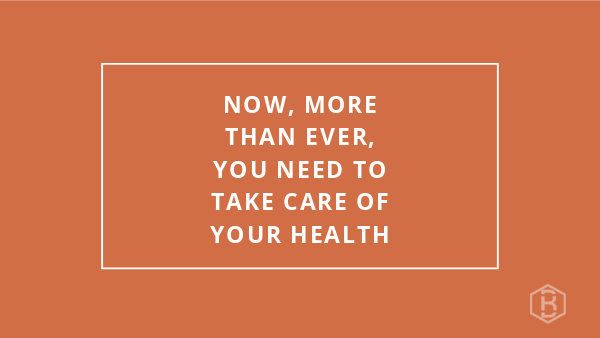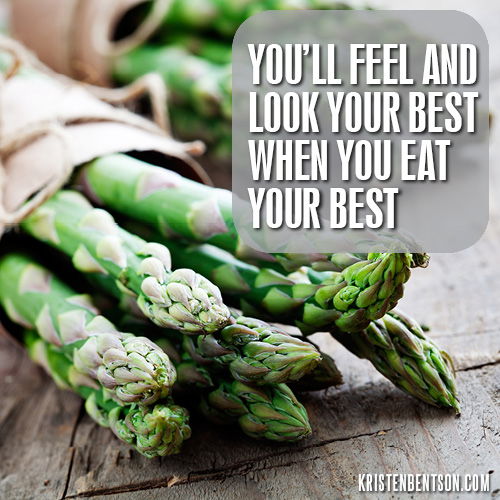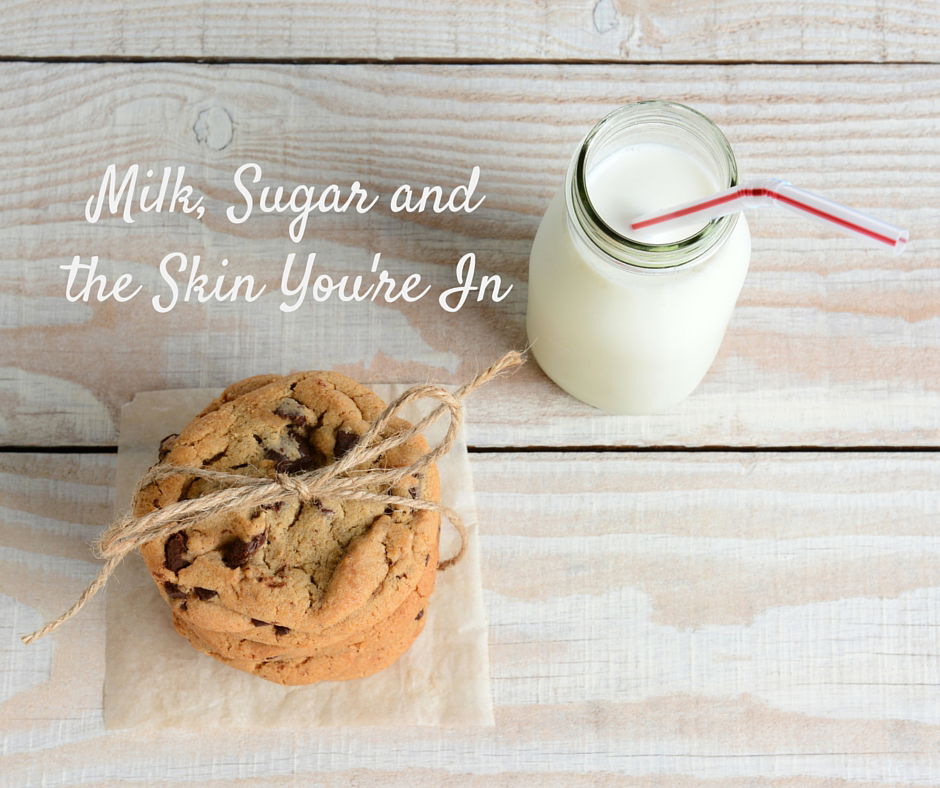
1. When you juice, you lose the fiber and keep the sugar. Especially if you’re juicing fruit, you’re potentially putting a bunch of stress on your pancreas to secrete extra insulin which can, over time, lead to blood sugar problems aka type 2 diabetes. When you eat the whole food, the fiber empowers the body to stabilize the release of insulin and not spike blood sugar to the same degree. Now, if you are a lover of the drink but don’t want to lose fiber, try using a blender instead of a juicer.
2. When you juice, you’re probably going to feel more hungry. The loss in fiber (whether from veggies or fruit) can result in a loss of satiety. In other words, if you ate a banana, apple, handful of kale, spinach, celery and spirulina, you’d probably feel pretty full for a while. But throw those ingredients in a juicer, pour into a small glass and gulp…chances are good, you’ll be hungry shortly thereafter. Even though there are the same calories whether you juice or eat, you’ll likely be less satisfied and more prone to eating (or drinking) more when you juice.
3. When you juice, you can overdo it. Sometimes more isn’t better, it’s just more. In fact, sometimes more (in other words loads and loads of a particular fruit or veggie) isn’t even just more, it’s potentially harmful. Excessive amounts of minerals or fat soluble vitamins can make you sick. Take Kale for example. It’s the trendiest superfood out there. Super good for you and super high on the Aggregate Nutrient Density Index. But remember, everything you put into your body has risk and benefit. When you take in smaller quantities, your body can take what’s beneficial and detox what’s not. Kale, while high in nutrients and low in calories, is full of oxalates which in high amounts can interfere with the absorption of calcium and even lead to kidney stones. Chances are good, you can’t eat enough kale to get the effect, but consistently throw a bunch in a juicer, and you might be setting yourself up for a problem down the road…See where I’m going with this?
4. When you juice, you aren’t chewing. Digestion begins with mastication. Chewing is an important first step of the digestive process that’s lost when you drink. Chewing prepares the stomach, pancreas and intestines for what’s coming down the line. In all reality, if you chew well, your body naturally creates “juice” for you. Thank you salivary enzymes!!
5. When you juice, you might include additions. Powders and potions commonly used to complement your juice is nicely packaged to make you believe that you are enhancing your health style. But, remember, these protein or nutrient additions are generally very processed and often untested (safety first, baby!). In other words, eat real food, feel real good. Skip the powders and potions.
Bottom line, I don’t think juice is totally without benefit. If you can’t deal with the taste of a particular fruit or veggie but can get it down by sneaking it into a drink, need a little boost in produce, or just absolutely love drinking your food, I say go for it. An occasional glass of fresh juice or a smoothie can totally be a healthy addition to your fabulously clean eating regime. That being said, if you’re a chronic juicer/drinker, you might want to consider eating more and drinking less.












